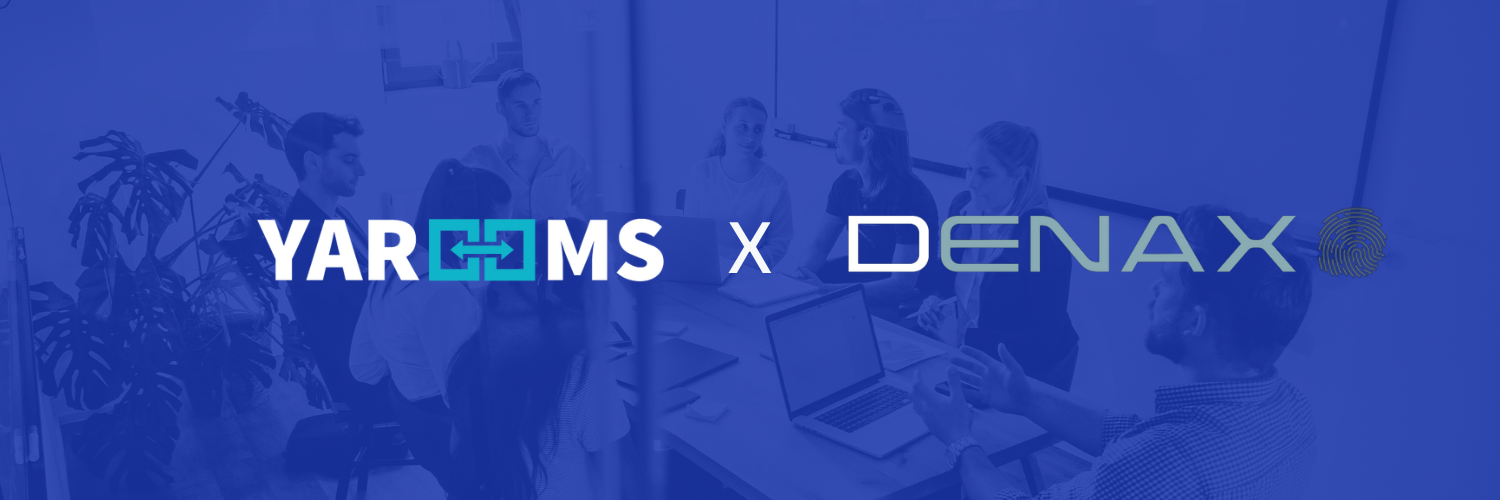Back in 2017, as Tesla’s employee base was rapidly expanding, the parking availability stood still and relied on the first come - first served basis. 6,000 co-workers were competing daily for 4,500 parking spots at the company’s factory in Fremont. The frustration became viral when an anonymous employee opened @teslaparkinglot, an Instagram account documenting all the crazy (and original!) attempts to squeeze vehicles into the limited spaces.
This ironic example is only one of many situations faced by companies with car parks, owned or rented. Ultimately, Tesla expects to contain commuter’s nightmare by self-driving and self-parking vehicles, dropping people off and driving themselves to find proper parking. But until then, there are many reasons to count on more affordable, less futuristic solutions.
Parking and reputation
In Tesla’s case, the widely exposed parking space hunt mainly caused reputational and employee satisfaction-related disturbances. However, poor parking policies eventually shed a bad light on the company’s image, even without all-encompassing publicity.
For example, some drivers would leave their vehicles off-road, permit-only areas, or even disabled parking spots just to avoid being wedged in. Such run from one inconvenience can quickly lead to another, like getting a fine for parking improperly. If the commuters’ cars are constantly lined up in residential spaces, the company might quickly become an undesired neighbour to those who live around.
The “inside” reputation, or the employer brand, matters just as much. More and more often, parking options are being perceived as an employment benefit instead of just a valuable amenity. If the company is not able to ensure a secured parking spot for each employee or cannot afford reimbursing parking taxes, the least they could do is transparent lot management, setting adequate parking-related expectations.
Flexibility brings savings
Overcrowded car parks are just one side of the story. The other side is that plenty of parking spots stay empty due to poor administration, causing not only frustration, but also financial losses.
It is especially common among smaller companies, which do not own a car park, but rent several lots in the corporate building’s or any other special parking area. Usually, these limited spots are nominal, and assigned to management-level employees, despite their work and commute habits. If the person with an assigned space works from home every second day, goes on vacation, or decides to ride a bike to the office every now and then, the tied-up parking lot stays empty. Nevertheless, the company continues to pay the rent whether it’s occupied or not.
In such cases, the optimized approach is the flexible approach. Instead of assigning parking spaces, add them to the shared pool and allow employees book their spot when needed. Contrary to the “stuffed” scenario, here the first come (or first reserved)-first served principle brings a sense of equality, and prevents spending money for a commodity that remains unused.
Adapting to the new normal
As you build strategies for returning to work and protecting staff and visitors from public health threats, don’t neglect the parking lot safety. After all, it is the first public use area commuters interact with after getting out of their cars.
Earlier, we wrote about capacity enforcement and how setting the maximum number of people each area can accommodate helps implement social distancing requirements at the office. Ideally, such limitations are imposed on different levels and complement each other with rules, for example, that the occupancy of all conference rooms cannot exceed the occupancy of floor or building.
Adding parking lots into this equation and making them bookable might be just an additional preventive step for corporate buildings (after all, not everyone drives a car to work), but a necessity for locations where the main people flow is gathered by personal vehicles, for example, distant shopping malls or events.
YAROOMS for parking lots
YAROOMS has a flexible booking engine, designed to be used creatively and solve a wide array of space management issues, including the parking crises.
With YAROOMS, booking can be narrowed down to any level, from parking spots to sectors, depending on the size of your car park and its specifics. Just like in the assigned seating use case, an interactive parking lot map can be set up for real-time space usage tracking. Able to accommodate different behaviour and business rules, YAROOMS supports granular access rights, so that particular parking sectors could be assigned to particular employee groups, if needed.
The U.S. drivers spend an average of 17 hours per year searching for parking spots. This number could be significantly diminished if employers take initiative to manage corporate car parks in the most efficient manner, by prioritizing time, employee satisfaction, and cost savings.











